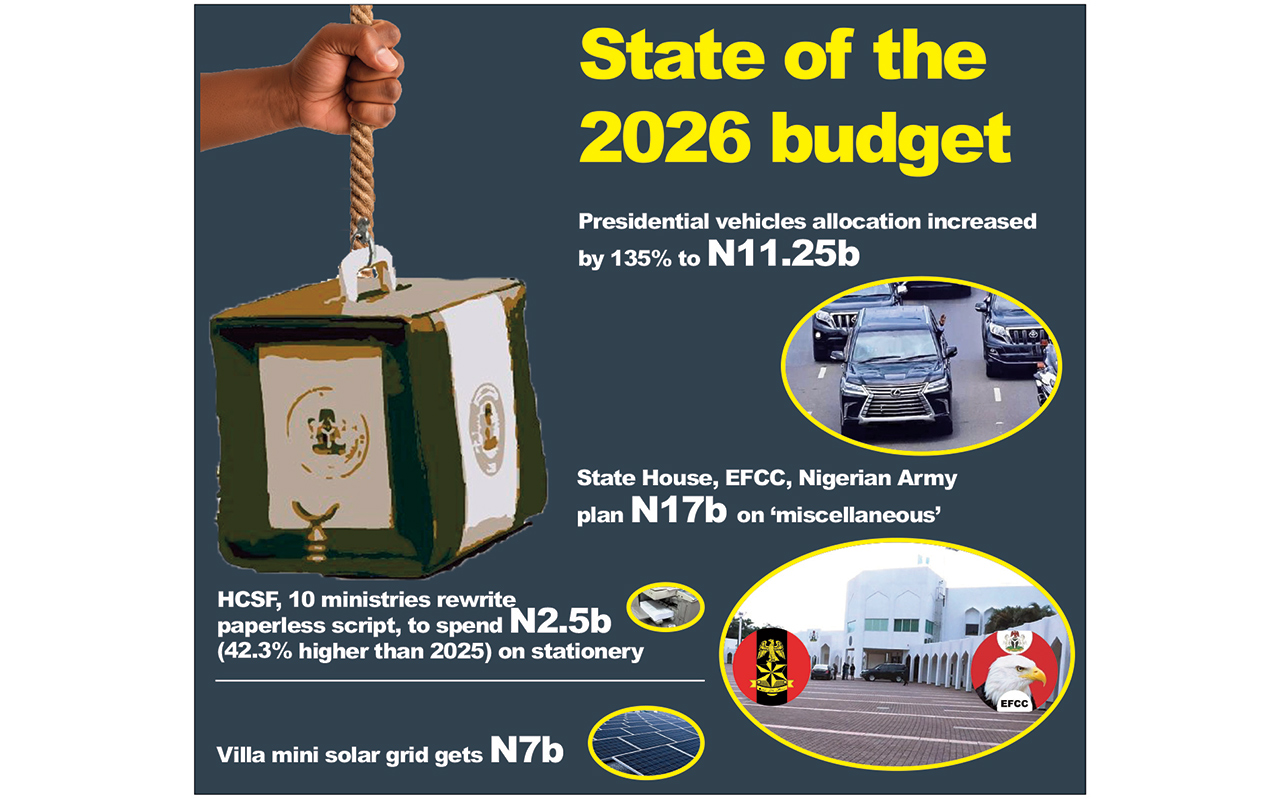
With the threat of flooding in states across the Niger Delta region, the Niger Delta Development Commission (NDDC) has set up centres for Internally Displaced Persons (IDPs) in Bayelsa, Delta, and Rivers states.
The facilities at the emergency shelters, according to the Managing Director of the Commission, Dr. Samuel Ogbuku, include essential amenities like a school, hospital, cafeteria, police post, and recreation centre.
Ogbuku disclosed this during a press conference on Tuesday at the NDDC headquarters in Port Harcourt, where he highlighted the commission’s activities and achievements over the past year.
He affirmed that the Commission was taking proactive steps to ameliorate the impact of the perennial floods in the region.
He said: “We have six of these facilities currently under construction in Otuokpoti and Odi in Bayelsa State, while the ones in Delta State are being built in Patani and Ozoro, and another two in Rivers State.”
Ogbuku also assured that the commission would engage youths involved in illegal oil refining in technology-driven initiatives.
He said the strategic shift aims to redirect their energy from harming the national economy to contributing positively to society.
He said that NDDC’s role is not to pursue oil bunkers but to provide alternatives, transforming them into tech experts.
He said, “On the issue of modular refineries, it’s not our role to go chasing those involved in artisanal oil refining,” Ogbuku clarified. “Our role is to ensure that we take development to those communities and convert the energy of these individuals into positive areas that support society.”
Ogbuku, who acknowledged the ingenuity of local youths in developing modular refineries and utilising their skills to refine crude oil, noted that these refineries are often used for illicit purposes.
He said to address this, the commission seeks to harness their expertise for technological advancement.
“Our people have the energy, and some have even developed their own modular refineries,” Ogbuku said. “It’s now left for us to convert this skill into technology, making the Niger Delta a hub for technology experts where they can engage internationally in areas that benefit them and our society.”
He added that the proactive approach is part of his administration’s broader efforts to enhance youth livelihoods in the region by providing alternative opportunities.
On the issue of modular refineries, he said, “I can tell you that for us at NDDC, it is not our role to go chasing those who are doing artisanal oil refining. The only role we have is to ensure that we take development to those communities and to ensure that most of the people involved in crude oil theft and artisanal oil refining convert their energy into positive areas of supporting society.
“By this initiative, some of them will be able to come up with their own modular refineries, which they are using to refine crude oil that is being stolen. These refineries are being developed by our own youths, so it is now left for us to convert their skills into technology. That is why we want to ensure that we make the Niger Delta a hub for technology experts where they can also engage internationally in areas that will benefit them and our society.”
The NDDC boss assured that the Commission would intensify its efforts to light up communities across the nine states of the Niger Delta with solar-powered street lights as part of measures to fight criminality and maintain peace in the region.
Ogbuku expressed delight at the positive impact of the “Light Up the Niger Delta” campaign, which he observed had reduced criminality in the various communities and enhanced commercial activities in the areas.
He observed: “We decided to adopt the clean energy approach, which not only provides light but helps in the fight to mitigate the effects of climate change on our environment.”






